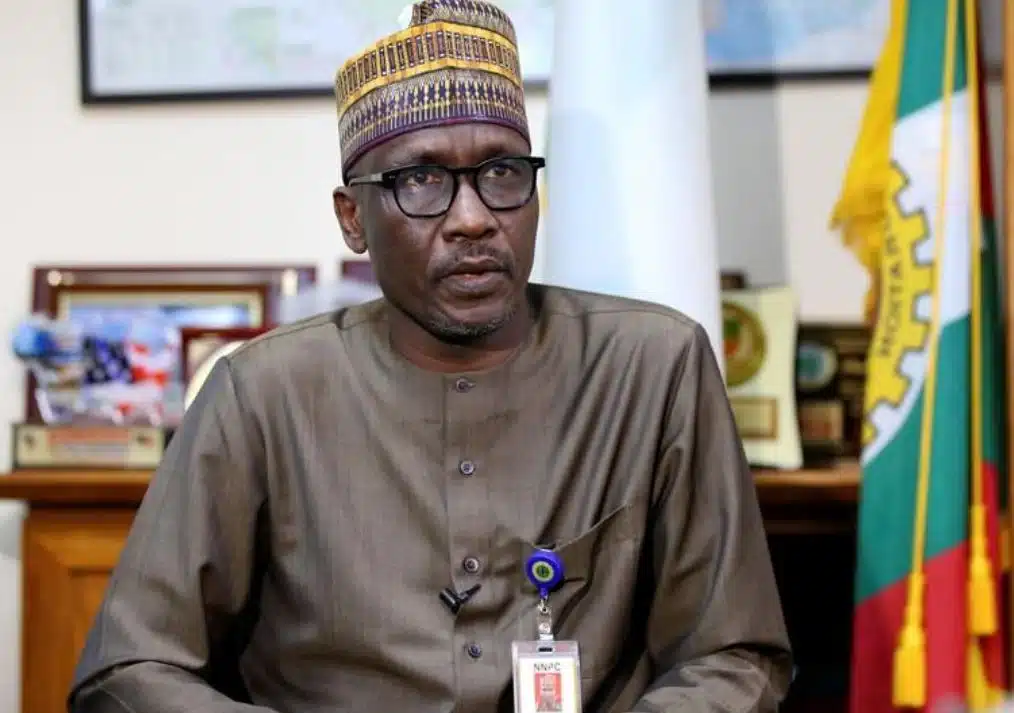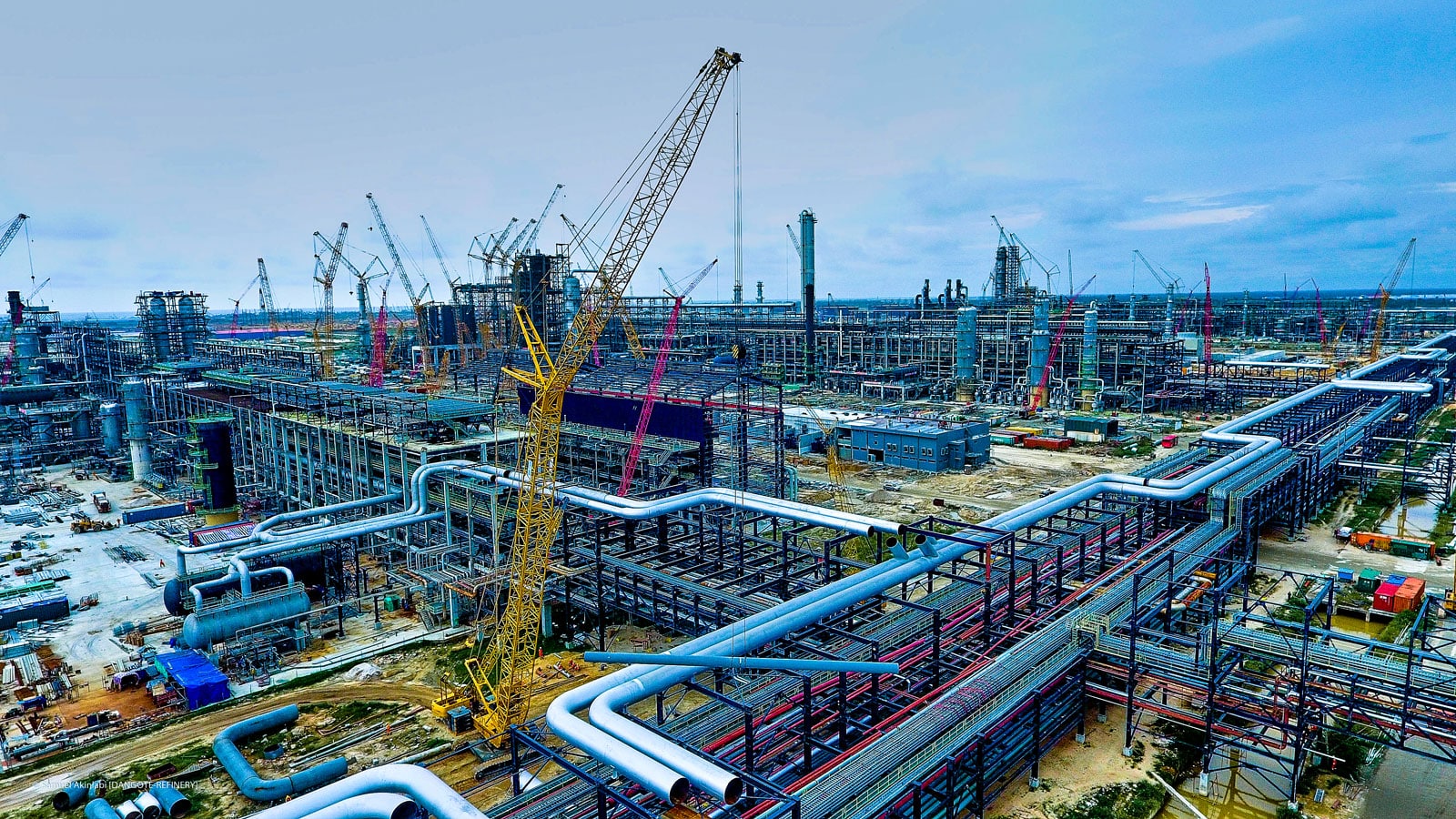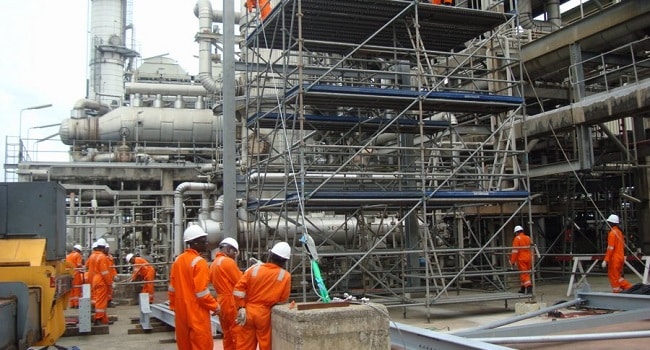Group Chief Executive Officer of the Nigerian National Petroleum Company Limited (NNPCL) Mele Kyari has said that the notion that the price of fuel would reduce once local refineries like the recently inaugurated Dangote refinery begin production, is false. The NNPCL boss who spoke about the removal of fuel subsidy by President Bola Tinubu during an interview with Arise TV on Thursday, June 1, said that Dangote Refinery, Port Harcourt Refining Company, and others in Nigeria are not going to change the pump price of fuel despite the volume of products they push out.  NNPCL Group Chief Executive Officer, Mele Kyari. Source: Getty Kyari also confirmed that Dangote Refinery would start pushing out products by the end of July and early August. Port Harcourt Refinery will be fixed before the end of the year and it is expected that it would further boost local production of petrol. He said; “There is a notion that if the product is processed locally, prices will reduce. Let me make it clear that it is not going to change anything. If you produce locally, the refineries will also input the cost of production and other things and it will be sold at the current price. “There will also be no subsidy when local production starts because there is no cash-to-back subsidy, this country no longer has the resources to continue with subsidy.” Appearing in another interview on Channels Television, Kyari said fuel queues experienced across the country won’t exceed Saturday, June 3.
NNPCL Group Chief Executive Officer, Mele Kyari. Source: Getty Kyari also confirmed that Dangote Refinery would start pushing out products by the end of July and early August. Port Harcourt Refinery will be fixed before the end of the year and it is expected that it would further boost local production of petrol. He said; “There is a notion that if the product is processed locally, prices will reduce. Let me make it clear that it is not going to change anything. If you produce locally, the refineries will also input the cost of production and other things and it will be sold at the current price. “There will also be no subsidy when local production starts because there is no cash-to-back subsidy, this country no longer has the resources to continue with subsidy.” Appearing in another interview on Channels Television, Kyari said fuel queues experienced across the country won’t exceed Saturday, June 3.

Dangote refinery in Lagos. Source: Web He added; “I don’t see it staying beyond another day or two, maximum. It can actually be on Saturday. We have supplies. The key trouble with the PMS system is supply, but I have supplies. “There are over 810 million litres of PMS in depots, tanks and fuel stations across the country, so you don’t have the problem of transferring those from marine to land, you already have them on the ground.” On the PMS pricing document which went viral days ago, Kyari said; “You have seen a document in the space out there. Every company does this. It is a marketing document. It was not a price announcing document, every company keeps this record and adjusts it appropriately on the basis of changing conditions in the market. “So what you saw was just an internal company document that found its way into the internet. It is an NNPC document but it was not intended to be an announcement and is not an announcement, because it can change the next day.”



